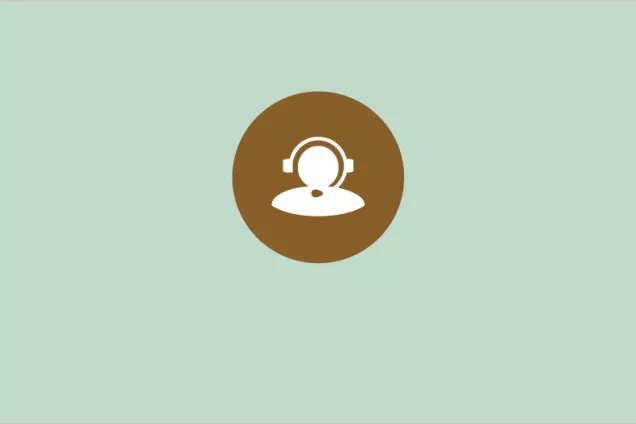Photo by ThisisEngineering RAEng on Unsplash
The course had about 20 students and to emulate the design of the physical exam, the exam was performed in two parts. The students were given different start times for the exam, in the first part they were given 45 minutes to prepare an answer for a comprehensive question, individually supervised in Zoom by an exam guard. They would then have to take a picture of their answer and send it in.
Following this, the student received a new Zoom link to a room where they are met by one of two examiners. The student would present their answer to the written assignment and could then get follow-up questions. Then the student also received three other short questions that were to be answered directly with no preparation time. The time spent with the examiner was 30 minutes.
There were two sets of questions, so several students were asked the same questions at different times of day, but all students had a total of 5 hours of exam time. However, the students did not know in advance how many sets of questions there were.
Advantages - written and oral exams in combination
The teachers in the course experienced several advantages of this form of examination. An advantage in this scenario was that it was somewhat like a written exam, which was good from a fairness point of view when the regular exam was held physically.
The written part was good for students who benefit from being able to think and write in peace, while the oral part gave the teacher great opportunities to check if the students had a deeper understanding rather than if they were reciting material. Additionally, the oral part of the exam provided opportunities for students who are disadvantaged by regular written exams.
Another advantage of the oral part is that it is more difficult for students to fake having knowledge through vague wording when they must be prepared for follow-up questions. Another advantage was that the assessment of the students was mostly done during the 30 minutes spent with the examiner. The written answers were also assessed, but that went relatively quickly.
Disadvantages – work intensive
Disadvantages with this form of examination were, amongst other things, that it was work-intensive as it required both an exam guard per student and preparation time as well as individual examination by teachers. This means that this can only reasonably work for small student groups. It was also very laborious to organize because it required a lot of manual work and coordination for everything to function properly. Another disadvantage was that even if the risk of cheating was reduced by, for example, questions the student couldn’t prepare for, cooperation between students who finished early with those who would take the exam later could not be completely ruled out, even if teachers were given no indication they were cheating. The risk of this could be reduced if all students were given different questions, but this would require more work on the teachers behalf. Another disadvantage is the risk of technical issues. At one stage, a student’s exam had to be cancelled due to poor connection with the student. In this scenario it can be good to have an alternative solution (another platform for example). All students and examiners had also been allowed to submit contact information (email and telephone) in case something unexpected should happen.
A known problem with oral exams is that the students rarely fail. But on these two exams, several students failed, which the teachers thought felt reassuring from a quality point of view.
By Maria Persson and Karin Bergman, Department of Economy.



